The shape of future skills: Feedback from the T7
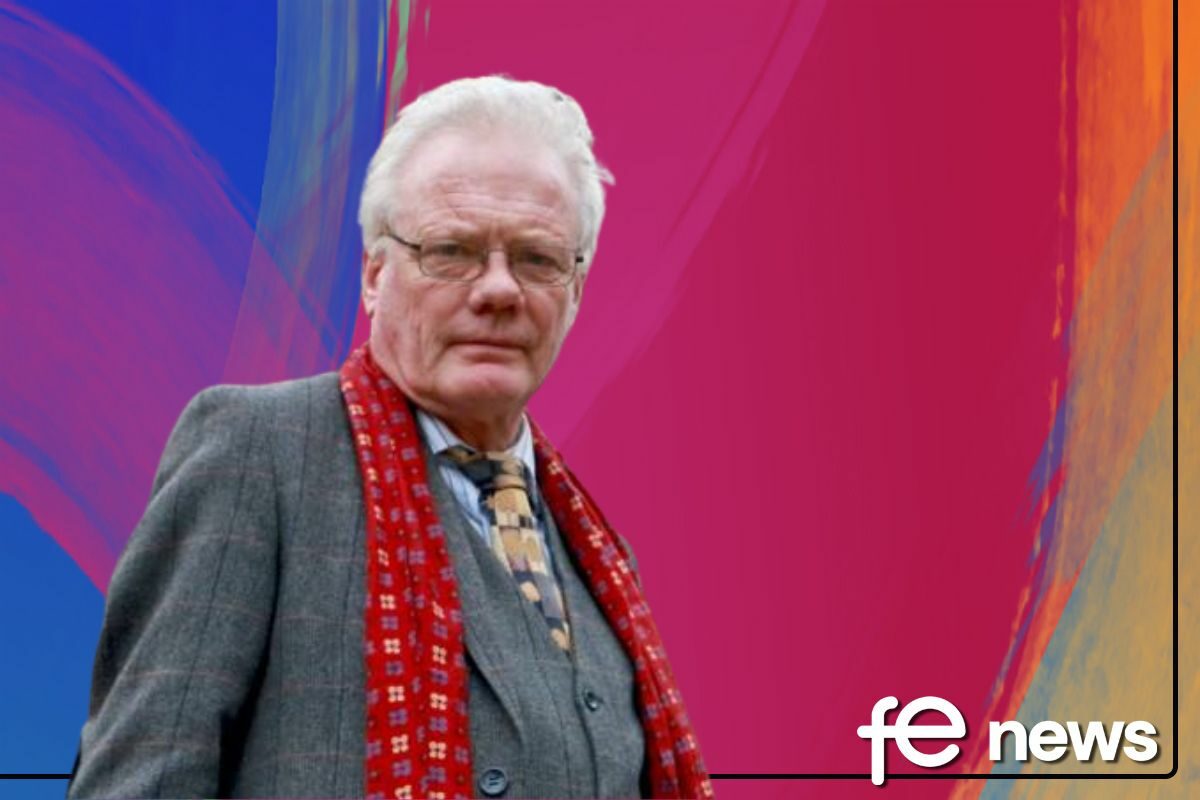
T7 is the academic branch of the G7. I came returned from the Berlin meeting (23-24 May) with a new word, Zeitenwende. This describes a changing of the times from which there is no return, a restructuring of the world order, a new social and economic mood.
In the last century the realignment following the two world wars may be seen as such, with attempts at a new world unity, such as the United Nations, the threat of nuclear annihilation, the harnessing of new technologies, and an increased emphasis on health and education. For many in the USA the destruction of the twin towers was seen as a Zeitenwende, emphasizing the rift between global value systems and sparking a new fear of, and war on, terror. In April Olaf Scholz emphasized that we are now experiencing a worldwide Zeitenwende. This has been triggered by the global disasters of COVID and the war in Ukraine, with its further disruption to supply chains. But as with previous seismic shifts, the causes are more profound and widespread, and the impact of longer duration. The implications will be of great significance for the future of our students.
The fundamental threats are beyond the capacity of a single nation state
The fundamental threats we now face are beyond the capacity of a single nation state, or indeed alliance system, to tackle. The COVID virus, as with other perils, was no respecter of borders. Indeed, the mantra ‘we are none of us safe until we are all safe’ applies equally to the many existential hazards that we are confronting: climate change, biodiversity loss, food and water security, pollution, further pandemics, rising inequality. To its credit the G7, under the German presidency, has been steadfast in looking beyond the immediate threats of pestilence and war, rising food prices, cybercrime, soaring debt and refugee flows, to the longer-term, more fundamental risks that await us.
Hopefully education will play a leading role in the necessary changing of global attitudes. This requires a debate around how the curriculum develops, what skills it should support, and those which we should now abandon. At this stage we may not be able to specify detailed content – much will depend on the progress of artificial intelligence, but we can envisage areas of activity and, importantly, tone and moral value. For example, with regard to climate, the T7 Communique, building on the Glasgow COP 26 climate conference, is looking for a rapid phasing out of fossil fuels to be replaced by clean IT by design, community networks, engineering, and appropriate legal instruments. These will be underpinned by new skill sets and moral codes. The Communique calls for changes in global financing to include nature positive benefits within its value systems: climate mitigation, adaptation, and resilience. Biodiversity will include socially just and inclusive nature-based solutions, including preservation of forest, peatland and wetland, green and blue infrastructure, and clean water. There is a much greater emphasis on health,health services, and social justice. Importantly it calls for respect for indigenous people’s rights, and the involvement of local communities and sub national governments in the design and delivery of programs. This includes harnessing local and indigenous knowledge on sustainable environmental management practices.
The Communique presents us with a challenge
Throughout the Communique the nation state does not feature as a useful agent for change. Indeed, it is proposed that GDP, that measure of national economic success, be augmented by new indicators of prosperity, to include social and environmental outcomes, and social protection floors. This, it says, will require adequate education and training. Where countries do feature, it is in the context of collaboration as, for example, in global value chains. The emphasis is on multi-level governance and on local democracy. Cities and communities, supported by civic institutions, are seen as the drivers of transformation,
The Communique presents us with a challenge. The implications for education go beyond shifting more resources into health, drama and green engineering courses. It leads inevitably to questioning the need for a ‘national’ curriculum, or for ‘national’ qualifications. Neither enhance global collaboration, nor do they necessarily meet local and regional needs. Furthermore, it causes us to question the role of competitive examinations. If social protection is an accepted aspiration, then those qualifications which create a pecking-order, or serve a process of exclusion, are out of kilter with the times. To meet the aspirations and requirements of a Just Transition education will become more inclusive, and far more aspirational, to service the enhanced requirements of universal digital literacy, and enhanced capabilities in research and innovation.
Further Education is strongly placed to respond
Our courses have largely focused on ‘competence’, rather than channelling our students through some graded, competitive process. Vocational courses also stand outside a national curriculum of single subjects, emphasizing more a synthesis of knowledge, a skill which will become increasingly vital as knowledge and performance become more complex. Structurally, also, Further Education is well placed. Most colleges are regarded as civic institutions. They serve a locality, are a focus for civic pride, react to the needs of the local economy and support local innovation. They have the potential to interact with a localized democracy. Colleges have been described as ‘anchors’ in their community. Greater flexibility in curriculum design and choice of qualifications for regional and local needs would be welcome here, in these well-established, integrated institutions.
Importantly also, as socially inclusive institutions, colleges are well placed to promote a recalibration of values. The workers of the future will be aware of the global context of their activity. This will involve recognizing and respecting other, valid, value systems such as those based on piety, and differing cultural traditions. The G7 is a club of wealthy, westernized nations, but they now recognize that there are other, strongly held world views, wholly resistant to any suggestion of a neo-colonial future. Moreover, the worker of the future will need to be aware of the environmental impact of their work. Global value chains go far beyond measuring income. To profit from pollution needs to become something that future values will not support.
As teachers we have a major role to play in the process of reconstruction following the pandemic and the war. But in the longer term we have a more vital role to play in creating a new, functioning way of life. The Zeitenwende will set the agenda and tone for the rest of the century. Only by collaborative innovation can we help influence a benign outcome.
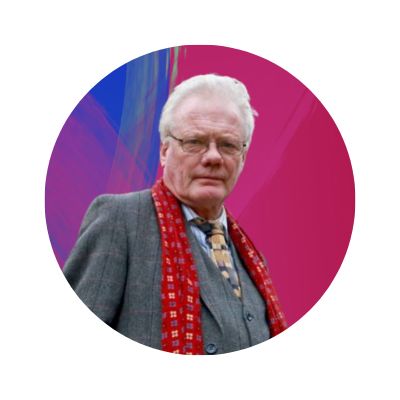


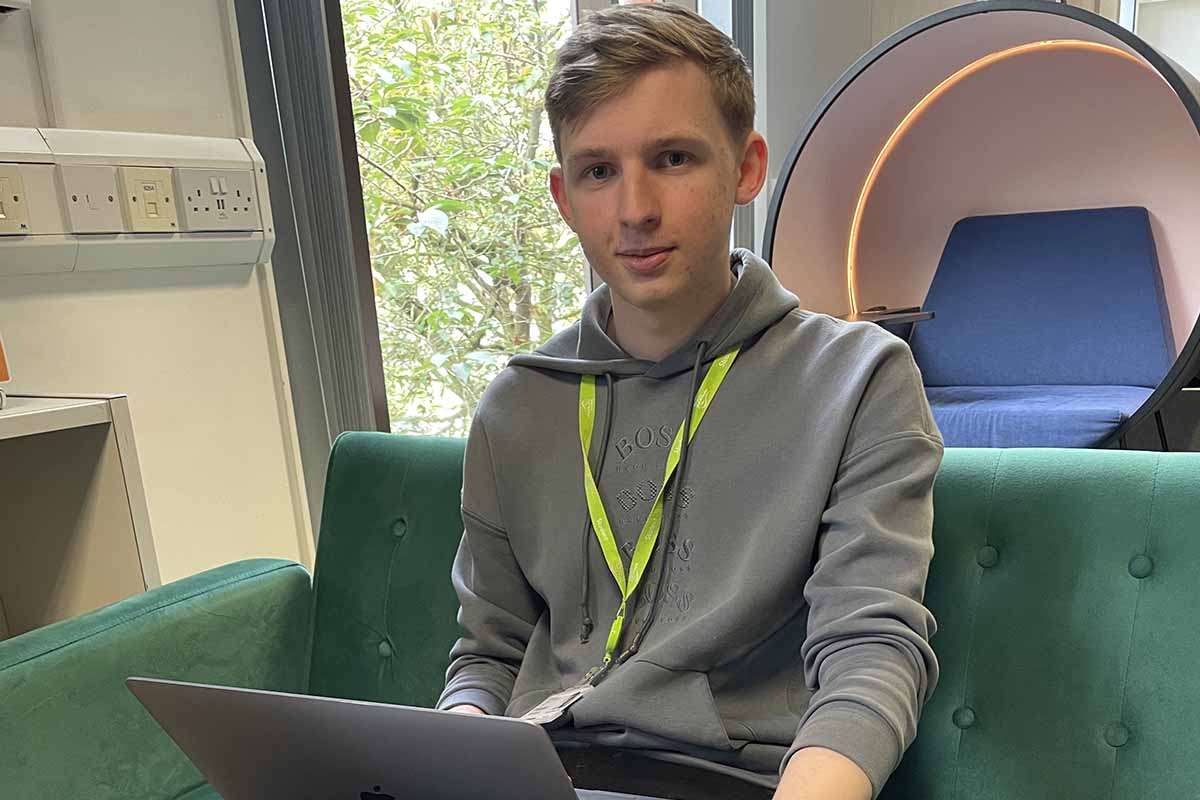
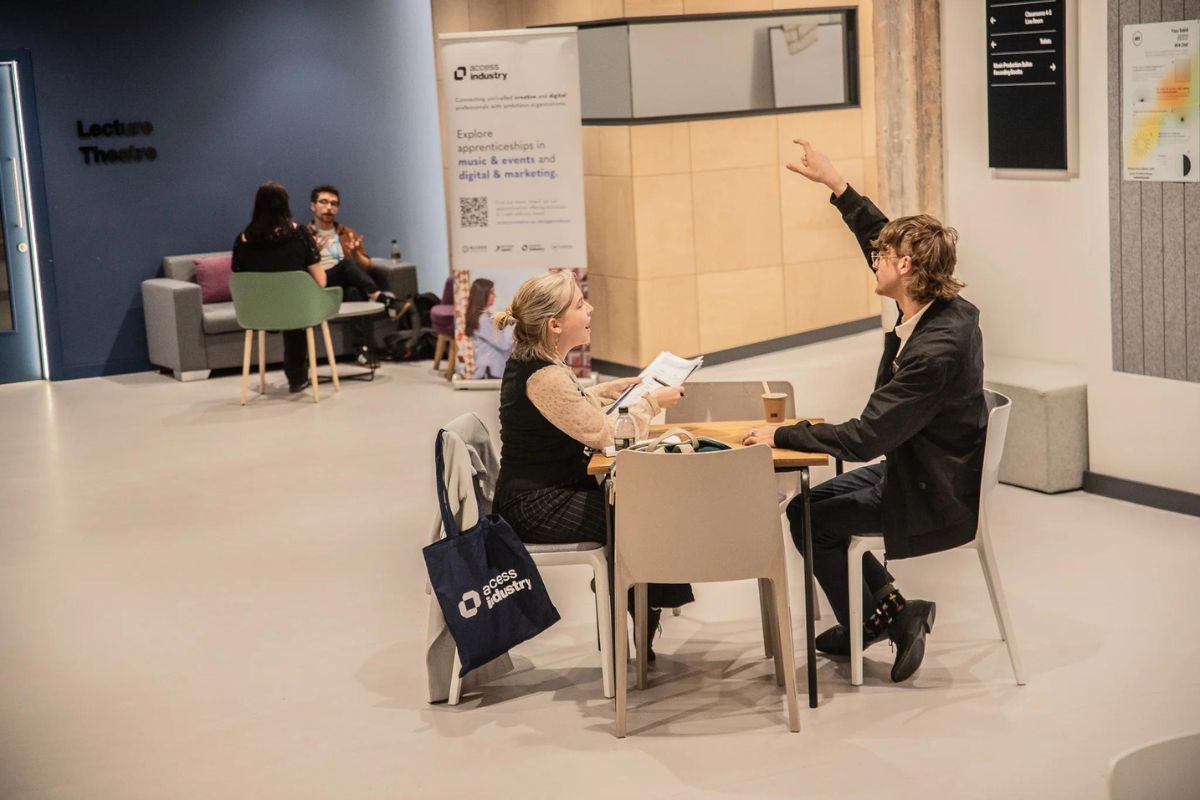




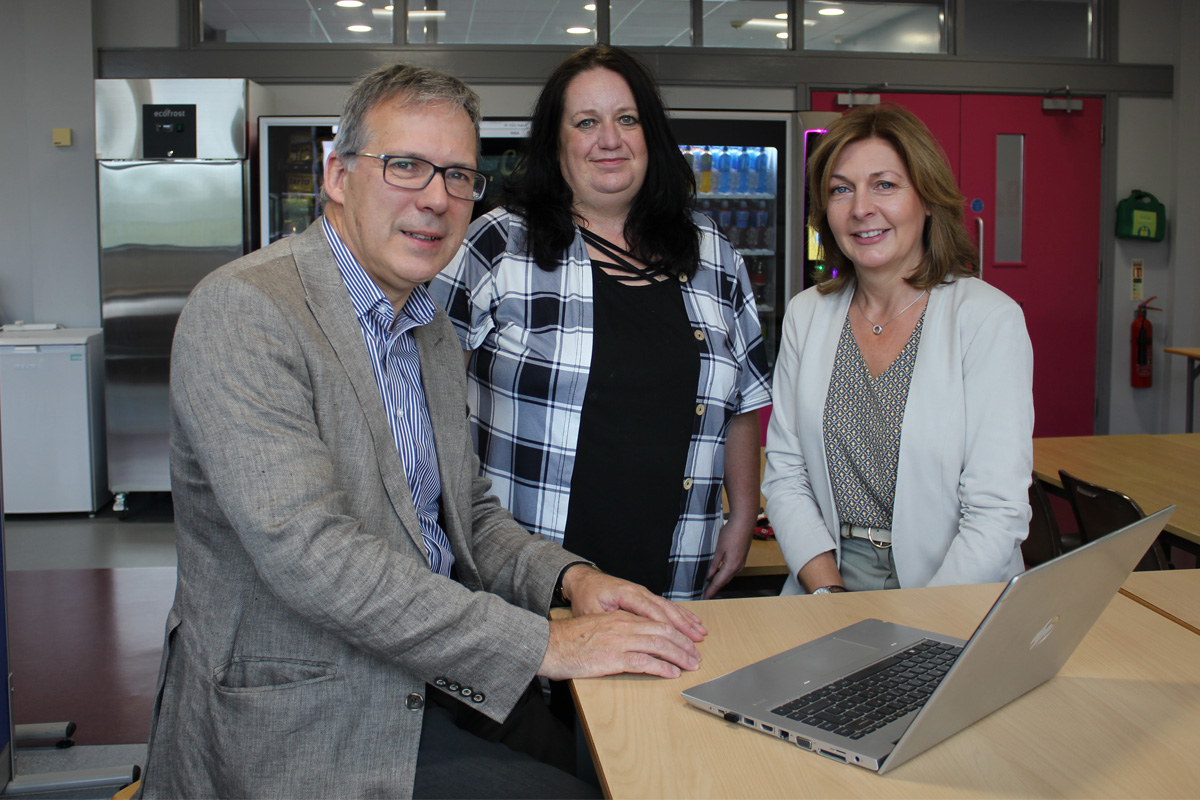


Responses